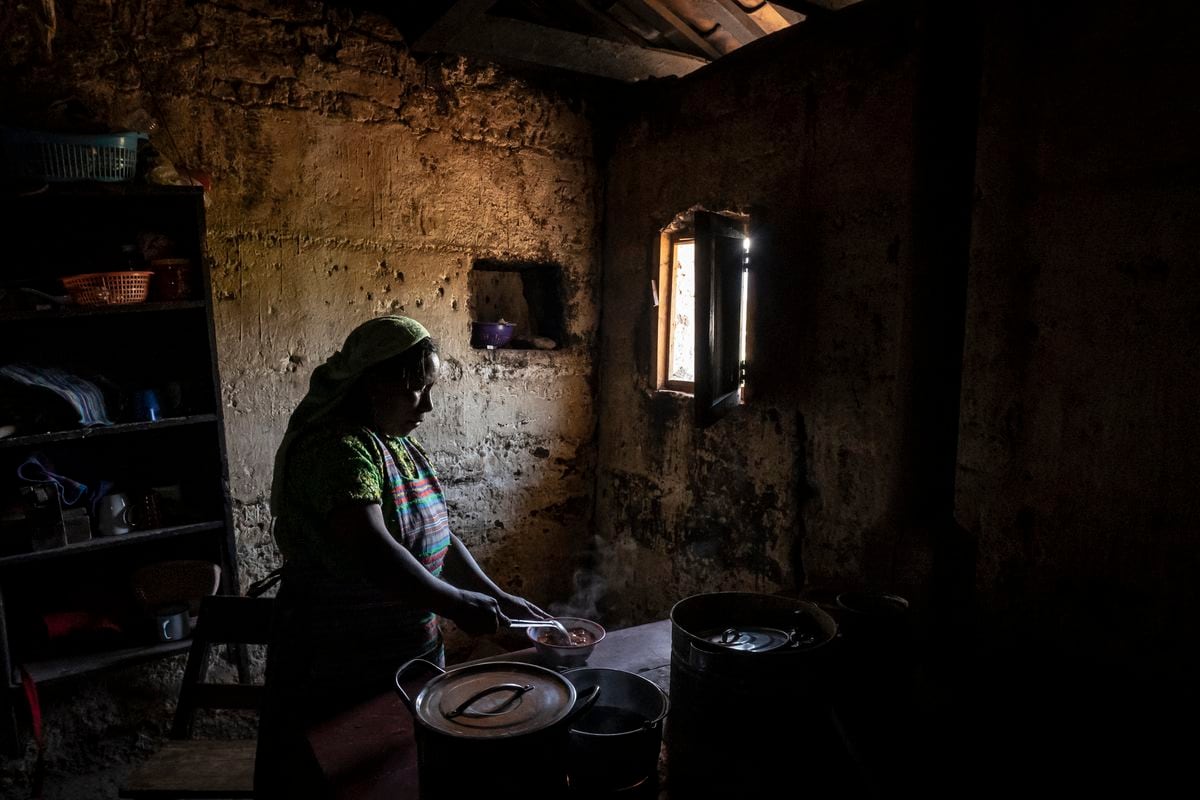In the 1990s, there was confidence in the unstoppable advance of democracy and world peace. The implosion of the Soviet Union crowned years of steady evolution towards the establishment of liberal democracies throughout the world. It was only a matter of time.
Transitions had occurred in southern European countries – Greece and Portugal in 1974, Spain in 1978; in Latin America – starting with the Dominican Republic and Ecuador in 1978, in a wave that spread throughout the region, leaving only Cuba on the sidelines; and in the countries of Eastern Europe – Hungary in 1989, Poland in 1990, which were joined by other nations later.- The End of History (Fukuyama dixit). Illusion, arrogance or extreme superficiality?
In his analysis of the transformations experienced in the post-communist world, A light that goes out. How the West won the Cold War but lost the peace, Ivan Krastev and Stephen Holmes put their finger on a wound that few saw at the time: the replacement of the division of the world between communists and liberals by a division between "imitators" and "imitated".
The imitators had to follow the path of a West (the European Union) that looked at them with moral superiority. Apart from the humiliation this could produce, there were no alternatives. Unique thinking guided by a reason loaded with technical credentials to impose institutional and economic structures as if there were only one way.
In those years, this absence of alternatives at the table of those who had the power to govern was also advancing in the West, with a post-communist left that embraced the values of liberalism to put "a more human face" on it. If there are no alternatives, there is no politics. This framework can be understood as the loss of members of trade unions and parties and the increase in electoral abstention.
Before populism and the radical right, it was technocracy that denied the value of politics and eroded the social networks that made democracy stronger. Strong responsibility falls to the international credit agencies generating this absence of alternatives. The consequences of structural adjustments were the breeding ground for Latin American populism in recent decades.
Viktor Orbán in Hungary knew how to read the keys of the time to offer a political project that restored pride to those who were perceived as losers in the advance of European integration. Those who do not travel, do not speak English, those whose skills compete with immigrants with whom they compete for dwindling pay, in low-skilled positions, and for help in school canteens.
His model of "illiberal" democracy (as Orbán himself describes it), as contradictory as it may seem, gave an answer to the uncertainty of those who perceived that they were being left out, and felt despised by the progressive and enlightened elites who negotiated in Brussels.
In 2023 we have a war in the middle of Europe and the number of countries that are moving towards authoritarianism have increased. The absence of programs of the '90s has given way to a growing number of radical and anti-system alternatives, varied, libertarian or ultra-conservative.
We move from limited ideological polarization to growing toxic polarization. Do politics and therefore democracy renew these alternatives? The concepts are mixed and little can be understood if it is not clear what is being talked about.
A certain ideological or programmatic polarization fulfills many positive functions in the political system: above all, it provides options and allows differentiating between them.
The so-called affective polarization is one that can be superimposed on ideological distinctions but, above all, refers to the creation of groups of belonging, closed identities in which those who are left out, "the others", are perceived as enemies. That is, political differences that affect social relations, that generate clashes in society.
Uruguay is one of the countries with the lowest social polarization in the measurement made by the Varieties of Democracy index. However, their parties propose clearly differentiated ideological options.
There is a key there. Extreme ideological polarization prevents agreements, no polarization denies politics. The programmatic distance between parties allows a differentiated offer to voters and orders the discussion, especially when the rules of the game are accepted. That is why it is necessary.
Affective polarization generates hatred and is a breeding ground for violence, which is why it is undesirable. If these approaches are not differentiated and approached in a complementary way, erroneous conclusions are reached.
Argentina today is experiencing an impasse. Some of the aspirational pillars of nation-building are faltering: a central role of the state compatible with liberal principles, public education, equal opportunities, social inclusion.
On these tectonic movements there are others even more serious from the point of view of the writer: moral positions (the side of good versus evil) or technocratic (the laboratory recipe that will solve all problems) displace politics. If the dispute is one of "good vs. bad", "truth vs. lies", there is little room for agreement. The problem is not dissent, the problem is not being able to speak.
Yanina Welp is a political scientist. Researcher at the Albert Hirschman Democracy Centre, Graduate Institute, Geneva


/cloudfront-eu-central-1.images.arcpublishing.com/prisa/337RINPHARE4HOOH2KPM4XDQRM.jpg)
/cloudfront-eu-central-1.images.arcpublishing.com/prisa/FKMVIPMZEFFIDGMU5MJJ4OHT5M.JPG)

/cloudfront-eu-central-1.images.arcpublishing.com/prisa/5TNTSA5XZILUI6RSDCDDJ6WP5U.jpg)


